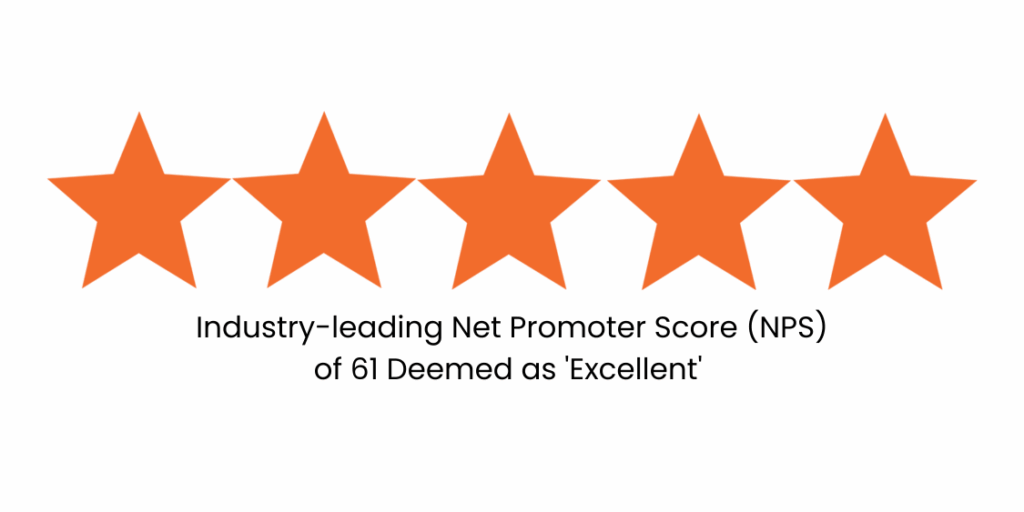At Ark Workplace Risk, we partner with building owners, duty holders and property professionals to deliver joined-up risk, compliance and safety solutions, with organisational competence at the core.
From general risk assessments to fire safety strategy, structural integrity, and full Building Safety Act compliance, our multi-disciplinary capabilities empower clients to protect people and places, achieve regulatory approval, and build trust with residents and insurers.
We design and deliver connected programmes that ensure compliance, reduce risk, and build enduring safety cultures.
Health & Safety
From general risk assessments to full safety management systems, we empower organisations to maintain safe, compliant and resilient buildings.
Health and Safety Outsourcing
We deliver outsourced H&S services designed to elevate your safety performance, control cost, and give you complete confidence, backed by your dedicated team and our digital platform, QUOODA®.
Fire Safety
End-to-end fire risk and management solutions, from statutory assessments to evacuation planning and fire engineering.
Structural Safety
Expert structural risk assessments for high-rise and complex buildings, enabling you to demonstrate integrity and manage latent risk.
Building Safety Act Solutions
Navigate BSA requirements with clarity, from Safety Case Reports to resident engagement strategies and digital recordkeeping.
Competent Persons
Competence is the new compliance. We audit, embed and evidence organisational capability and competence across your people, systems and supply chain.
Asbestos Management & Compliance Services
End-to-end asbestos management solutions to help you identify, assess and control asbestos risks across your portfolio, ensuring compliance with the Control of Asbestos Regulations 2012 and complete peace of mind for your organisation.
Water Hygiene & Legionella Compliance Services
Comprehensive, end-to-end water hygiene services across commercial, residential, healthcare, and mixed-use portfolios. With deep technical expertise and digital oversight via QUOODA®, we help you stay compliant, safe, and audit-ready—always.
Training & Competence Development
Structured, role-targeted competence that builds capability, accountability, and confidence for every member of your team; from duty-holders and contractors to senior leadership.
Specialist Risk Management Services
Our specialist risk services deliver sector-leading competence, seamless compliance, and live audit trails via QUOODA®, so you remain resilient and regulator-ready, always.
Accessibility & Inclusive Design Consultancy
From access audits and strategy to training, digital records, and assurance. We leverage deep regulatory insight and QUOODA®’s live audit trails to give you the confidence to comply and the capability to lead.
Technology-enabled delivery with QUOODA®
Our delivery is underpinned by QUOODA®, our intelligent risk, compliance and safety management platform that brings your golden thread to life. From real-time evidence to audit-ready insights, QUOODA® ensures you stay on track, on record, and on point.

Why choose Ark?
- 30+ years’ industry leadership
- Trusted by top property owners and professionals
- Proven track record of enabling Building Assessment Certificates
- In-house multi-disciplinary experts across H&S, fire, structural and regulatory fields
- Strategic thinking + practical delivery + digital assurance
- Industry-leading NPS of 61 vs average of 35
- 2025 ACE Award winners - Outstanding Customer Service
Ready to Work with a Partner, Not Just a Service Provider?
Whether you’re starting a new development, responding to regulation, or scaling up your safety strategy, Ark is your trusted delivery partner.
